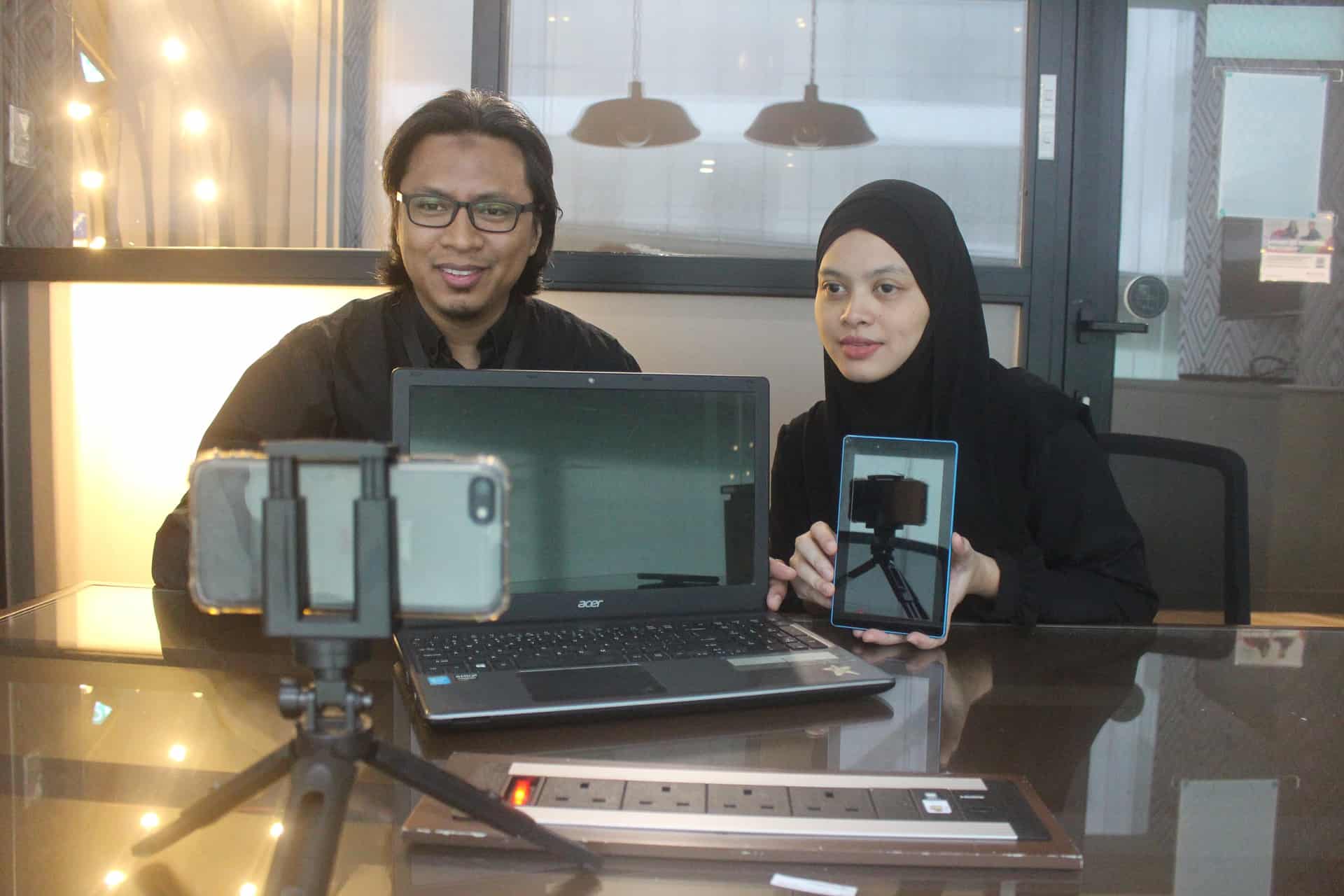The challenges and opportunities of Elearning in Malaysia
Elearning is the evolution of distance learning that uses immersive network technology to build, foster, distribute, and promote learning anytime and anywhere.
During the COVID-19 pandemic, educational institutions in Malaysia had to quickly ramp up their elearning provision, so that students could continue their studies at home.
In this blog post, we look at how Malaysia contended with the sudden need for online learning platforms and how we might address current challenges.
Challenges of online teaching
Many students in Southeast Asia come from economically disadvantaged families as the subcontinent is still developing. Their access to computers is restricted to computer labs provided by their schools, and many do not have unrestricted Internet access on their mobile devices.
Some East Malaysians were concerned that their Internet access would not be adequate for online learning. Many people expressed doubts about the learning environment and the usability of paid apps while working off-campus. They were also unsure if the Learning Management Systems (LMS) in Malaysia could handle the sudden demand.
Recommendations
Governments in Malaysia must resolve several concerns while developing a better action plan to ensure that all students are well cared for in the event of a potential pandemic.
First, the government should establish a proper pedagogy action plan in the event of a pandemic outbreak. They should team up with major technology providers to reduce the educational effect of school closures.
Second, the government should provide reliable remote satellite Internet connections to increase Internet penetration in rural areas. Schools can implement sporadic connectivity to save money.
Third, policymakers should implement an ‘affordable device scheme’ by providing special incentives to industry participants, ensuring that every family has at least one elearning-compatible device.
Educators must also adapt their classes to their students’ needs. They can inquire as to whether their students have the required devices for online learning as well as a secure Internet connection. Teachers may record short lectures or audio podcasts instead of streaming lessons online if students do not have access to the internet.
Since they are not in school and have a lot of distractions at home, educators can make sure their students set aside time to focus on their lessons. If students are having difficulty with Elearning, it is our responsibility as educators to assist them so that they can participate in classes.
Benefits
Since technology allows for interactivity and active learning, Elearning guarantees educational efficiency. Lectures can be continuously updated based on input from students, which improves their comprehension.
Many different tools, such as virtual libraries, images, diagrams, and audio clips, are easily integrated into the elearning environment. There is no such thing as an unmanageable class size or an insufficient number of students to take part in elearning courses. Students can attend class at any time and from any location, as long as there are students enrolled in the course. As a result, elearning has the potential to create a flexible, efficient, and inclusive educational experience.
In contrast to a traditional learning environment, elearning has the potential to help shift the learning environment from brick to click. Building more concrete campuses to train and equip the working generation is not a concern for the Ministry of Education or other organisations. Elearning, drastically reduces the cost of infrastructure, from millions to thousands of dollars for a full network infrastructure.
In the past, students had to devote a significant amount of time and resources to travel to and from the physical campus for lectures. Learners can now reach the campus without having to drive far or spend time away from their families. It reduces the amount of time and money spent on learning. As a result, it makes sense more businesses to embrace elearning for their workers.
Through proper collaboration and timely action from the relevant stakeholders, the challenges and opportunities of Elearning in Malaysia can certainly be addressed and leveraged, to the benefit of learners in the region.
Pukunui provides LMS hosting services, support, training, consulting and site design for Moodle™ software along with BigBlueButton™ and Mahara™ integrations.

